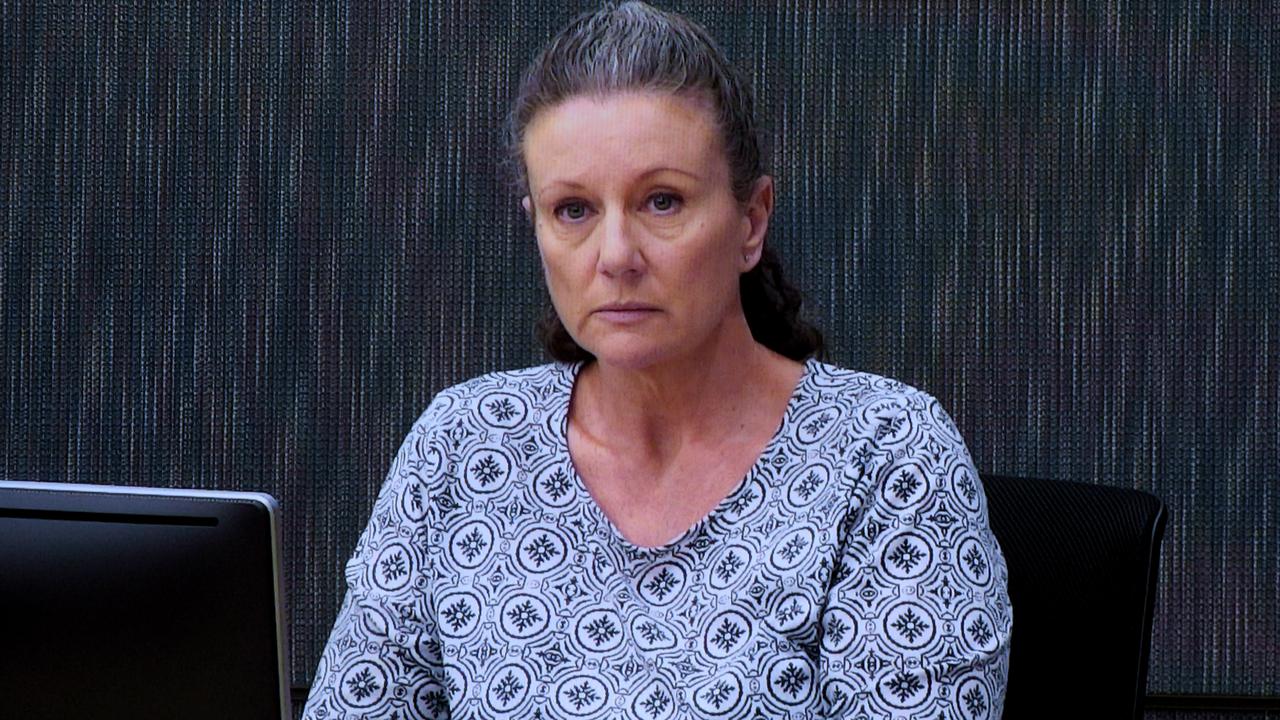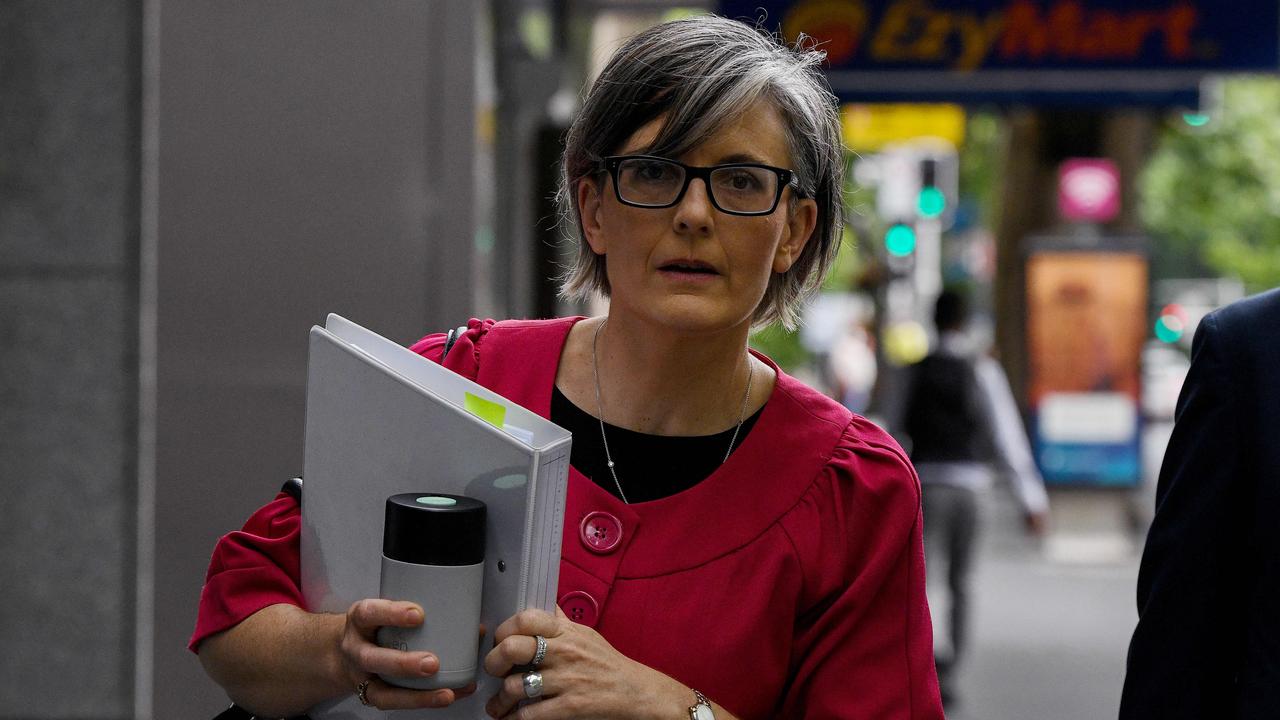Inquiry into Kathleen Folbigg’s children’s deaths to hear conflicting evidence
An inquiry into the deaths of Kathleen Folbigg’s four children has heard diary entries used to convict her may not contain an “admission of guilt”.
Diary entries which helped convict Kathleen Folbigg have been scrutinised by experts at an inquiry to determine whether what she wrote was an “admission of guilt”.
Ms Folbigg, 55, was handed three murder convictions and one for manslaughter in 2013 after her babies Patrick, Sarah, Laura and Caleb died in suspicious circumstances between 1989 and 1999.
She has consistently denied wrongdoing and is serving a 30-year prison term with a 25-year non-parole period.
Despite multiple appeals, Ms Folbigg has failed to clear her name, with a public inquiry in 2018 reinforcing her guilt.

In 2021, the emergence of new expert medical evidence – which appeared to show Sarah and Laura Folbigg carried a genetic mutation which could cause sudden death and cardiac problems – led to renewed calls for another probe into the case.
A second inquiry into Folbigg’s convictions resumed on Monday, where Counsel assisting the inquiry, Sophie Callan SC, said the diaries would also be evaluated.
Ms Folbigg’s original trial involved the prosecution classifying the diary entries, which discussed struggles with motherhood, as “admissions of guilt”.
One entry, penned in late 1997, saw Ms Folbigg write about Laura two years before her death aged 19 months.
“She’s a fairly good natured baby, thank goodness, it will save her from the fate of her siblings. I think she was warned,” she wrote.
However, a range of experts who have analysed the diaries since the trial have opposing views on the “admissions of guilt” conclusion, the inquiry heard.

Psychiatrist Dr Yumna Dhansay went as far as to say Folbigg’s diaries “do not contain any admissions of guilt” and “should be interpreted as having been written by a grieving mother”.
Ms Callan said on Monday that Ms Folbigg and her daughters had a novel variant in a gene which produces the calmodulin protein CALM2.
New research since Ms Folbigg’s conviction has suggested the variant could cause irregular heart rhythms which can trigger sudden unexpected death.
“The fact a carrier, Kathleen Folbigg, is alive and healthy suggests it is benign,” Ms Callan said.
However, she went on to say experts who are expected to front the inquiry will have different stances on the gene’s impact.
“No expert is expected to [say] … that the CALM2 G114R variant definitely caused the death of either Sarah or Laura Folbigg,” Ms Callan said.
“Equally, no expert is expected to [say] … the CALM2 variant could not possibly have caused their deaths.”
It comes as two scientists who previously told an inquiry Kathleen Folbigg’s daughters “likely” died as a result of a genetic variant returned to the witness box.
Professors Michael Toft Overgaard and Mette Nyegaard, from Denmark, are fronting the latest inquiry on Monday into Ms Folbigg’s four children’s deaths in the 1990s.
The professors first made the “surprising” discovery that genetic variants could affect production of the calcium-binding protein calmodulin in their research before last year’s hearing.
The latest inquiry was ordered by NSW Governor Margaret Beazley in May 2022 after a group of scientists petitioned following the new evidence.



